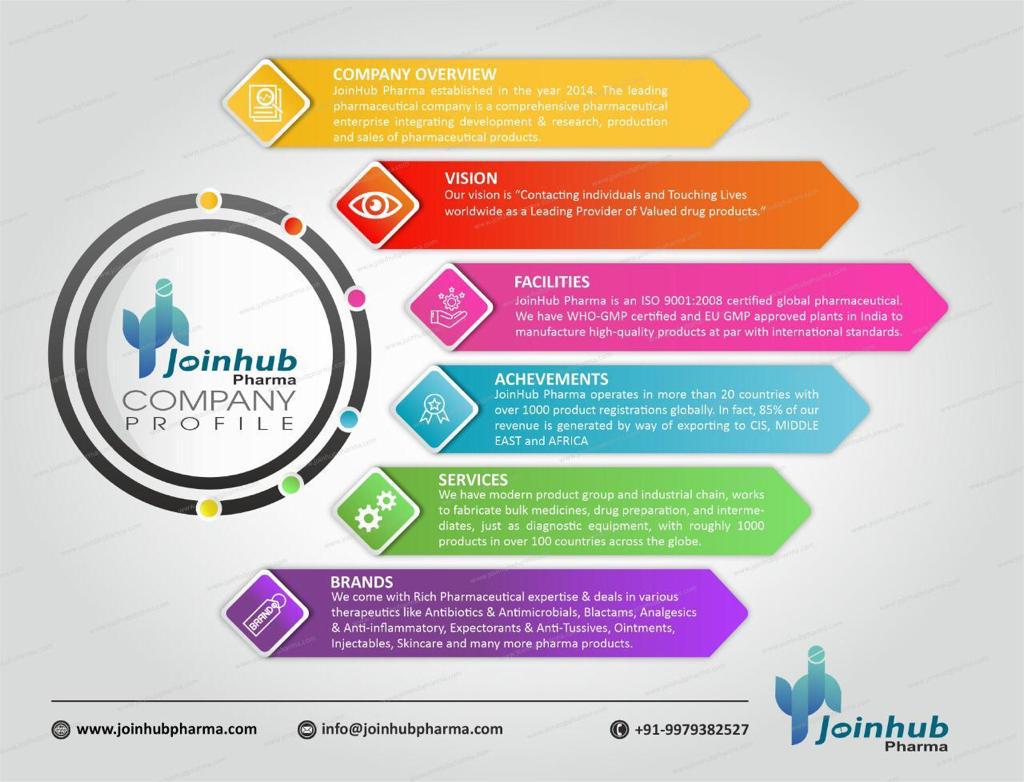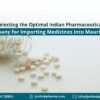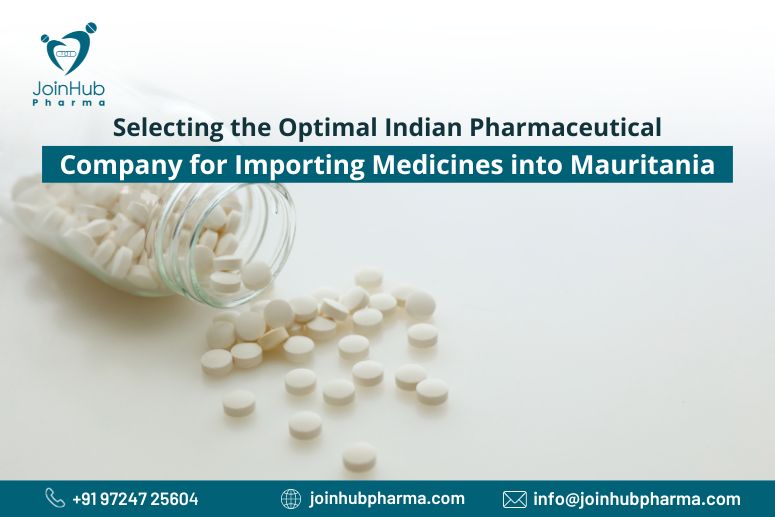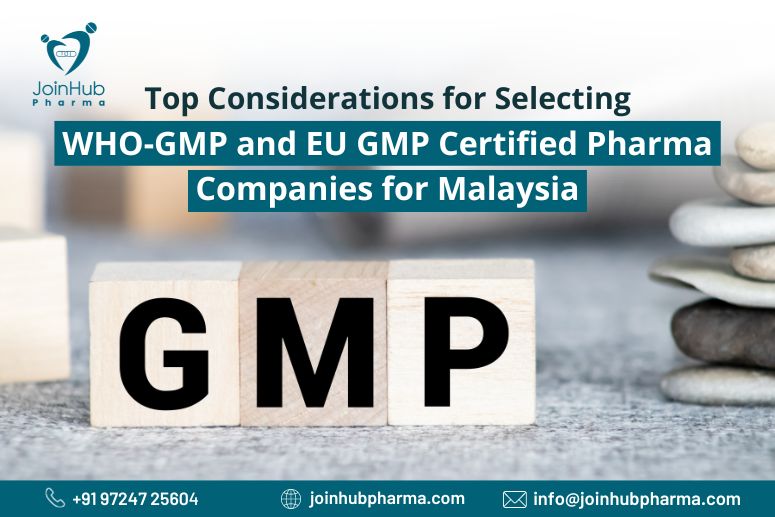Manufacturing has been revolutionized by technology. However, pharmaceutical manufacturers are only just beginning to see the potential of innovative product creation. The potential advantages of technology in healthcare are enormous, and breakthrough methodologies are paving the way for a more cost-effective, efficient, and customised approach to drug development. Artificial Intelligence, Machine Learning, AR-VR, Digital Apps, The Internet of Things, Blockchain, 3D printers, and Organ-on-Chips are some of the innovations that are beginning to transform the pharmaceutical industry in the same way they have transformed other industries such as media, retail, banking, telco, and education.
In this article, we will try to shine a light on the areas of the pharmaceutical sector where digital technology will provide the most value, and we will try to steer firms in the right direction as we strive to develop a digital strategy.
We will start with some emerging technologies that are already reshaping the pharmaceutical sector and will continue to do so.
Artificial intelligence and machine learning
Artificial intelligence and machine learning are unquestionably the pharmaceutical industry’s next big thing. Data entry, lab test analyses, data management, analysis of healthcare systems to identify errors or inefficiencies, medical consultations via AI-based apps, medication management that is monitored by an AI-based system, and other repetitive tasks are already being done with AI in the healthcare industry.
Illness identification and diagnosis, radiography and radiation planning, clinical trial research, customized medicine, rare disease identification, and novel medication discovery are all examples of where machine learning is being employed.
Most, if not all, pharmaceutical R&D activities are anticipated to use AI and ML. As a result, the success rate of medication development should theoretically improve, and R&D activities should be streamlined. Furthermore, AI might theoretically aid in precisely identifying the subset of patients who would benefit from a specific medicine. This might significantly lower the failure rate and assure a successful and profitable outcome.
Nonetheless, a shift in present R&D processes is required to get to this position. Rather than attempting to comprehend how AI machines arrive at a solution, the focus should be on confirming the outcomes.
Digitization of Medicine through Healthcare Mobile Apps
Pharma businesses all across the world have recently realized that simply generating and researching pharmaceuticals is no longer enough. They must now go beyond the outward look of medications and provide a full bundle, according to recent trends. Digital health mobile applications, gadgets, or services that might be prescribed by a doctor or packed with a prescription are already known as “around the pill” digital offers.
Some packages include a wearable monitoring gadget and an app, which allows patients to receive positive feedback from their doctors as well as from the app’s automatic, individualized comments. Chronic disease fitness applications, finding free health clinics and hospitals, purchasing prescriptions via e-commerce apps, cross-checking medication interactions, and social network linking patients applications are all popular in app stores.
Furthermore, mobile apps that connect patients with health insurance providers can cut down on the time it takes to authenticate documents and do other verification tasks. In this method, insurance firms obtain prescriptions and other medical documentation from their clients via a mobile app, allowing them to determine whether or not that particular expense is covered by insurance.
AR and VR
As corporations struggle to engage doctors and research schedules spin into a whirlpool of more and more experiments, AR-VR has a lot to offer the pharmaceutical business. AR and VR are promising technologies that can cater to a wide range of pharmaceutical sector demands due to their capacity to build an engaging virtual environment with minute details.
AR-VR can also aid in the pharmaceutical industry’s production area. Remote maintenance and guidance, difficult machine handling training, and so forth are examples. DAQRI, a California-based augmented reality startup, has developed a safety-compliant smart helmet for industrial application. This device exemplifies how successfully augmented reality can be utilized in production, particularly in complicated contexts such as pharmaceutical manufacture.
IoT Integration
The Internet of Things has enormous potential to assist the pharmaceutical business. By recognizing difficulties and making changes before they pose a problem, a network of linked devices with monitoring sensors may decrease the risk of mechanical failures and ensure precise output.
The pharmaceutical industry’s production sector, such as material tracking and management in the manufacturing process of medications, can benefit from IoT integration. Furthermore, IoT-enabled data-gathering devices may be found at shipping and receiving stations, collecting data from RFID tags and barcodes and comparing it to data from other sites, such as manufacturing facilities and warehouses, to ensure consistency.
3D printing innovations
While medicine has long known about the wonders of 3D printing, pharmaceutical production has been slow to catch up. In the medical field, 3D-printed teeth and prostheses are already widely utilized to help patients. However, there are few FDA-approved 3D-printed medicinal goods on the market in the United States.
While having a 3D printer at your local pharmacy may seem futuristic, the notion of additive pharmaceutical production is propelling the industry toward a future where each patient’s disease may be treated uniquely.
Accelerated automation
When it comes to innovation, the pharmaceutical sector turns outside of itself for ideas. Automation has, of course, played a significant role in the industry for almost a century. Automation is utilized in the automotive industry, for example, to cut costs and handle more complex operations. Pharma companies are now attempting to do the same.
Previously, scientists were stymied by the time-consuming effort of performing individual genomic tests. Manufacturers, on the other hand, may now access a massive quantity of data, allowing them to construct unique molecular profiles of their clients and give them individualized treatment.
Conclusion
The drug research business is always growing and developing to generate new treatments for a range of indications, and technologies like artificial intelligence and automation are a big part of that.










